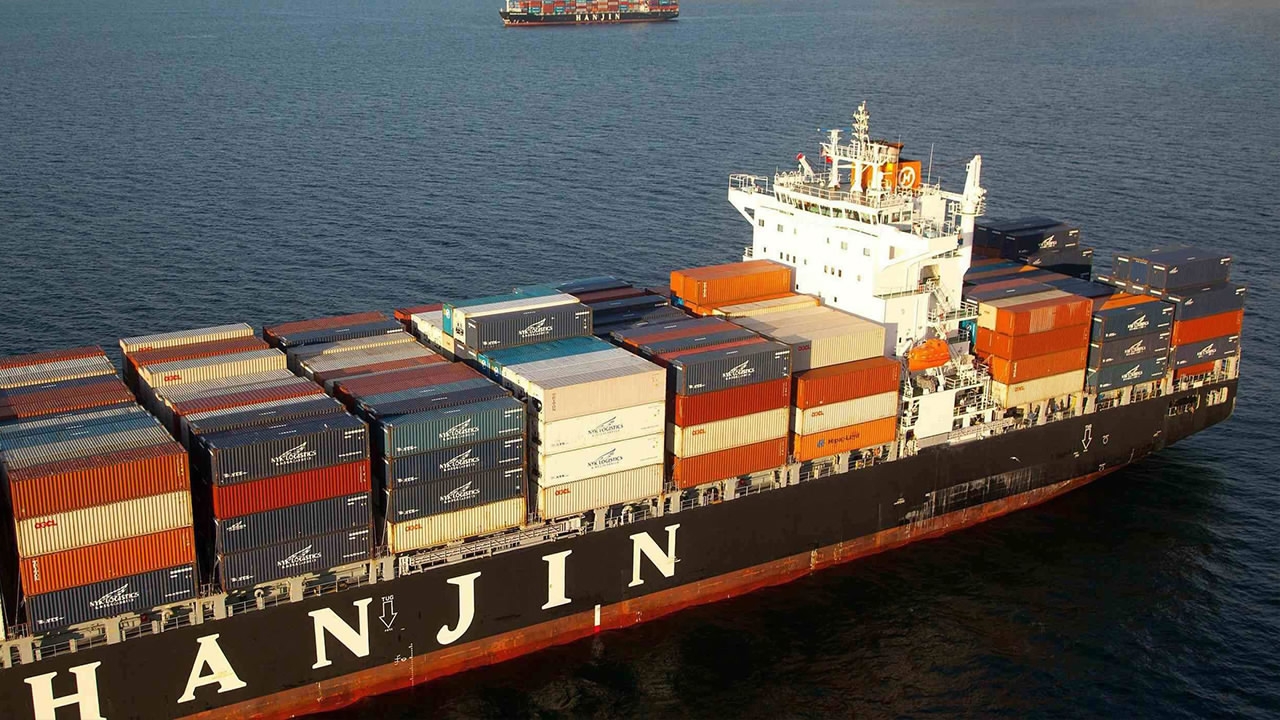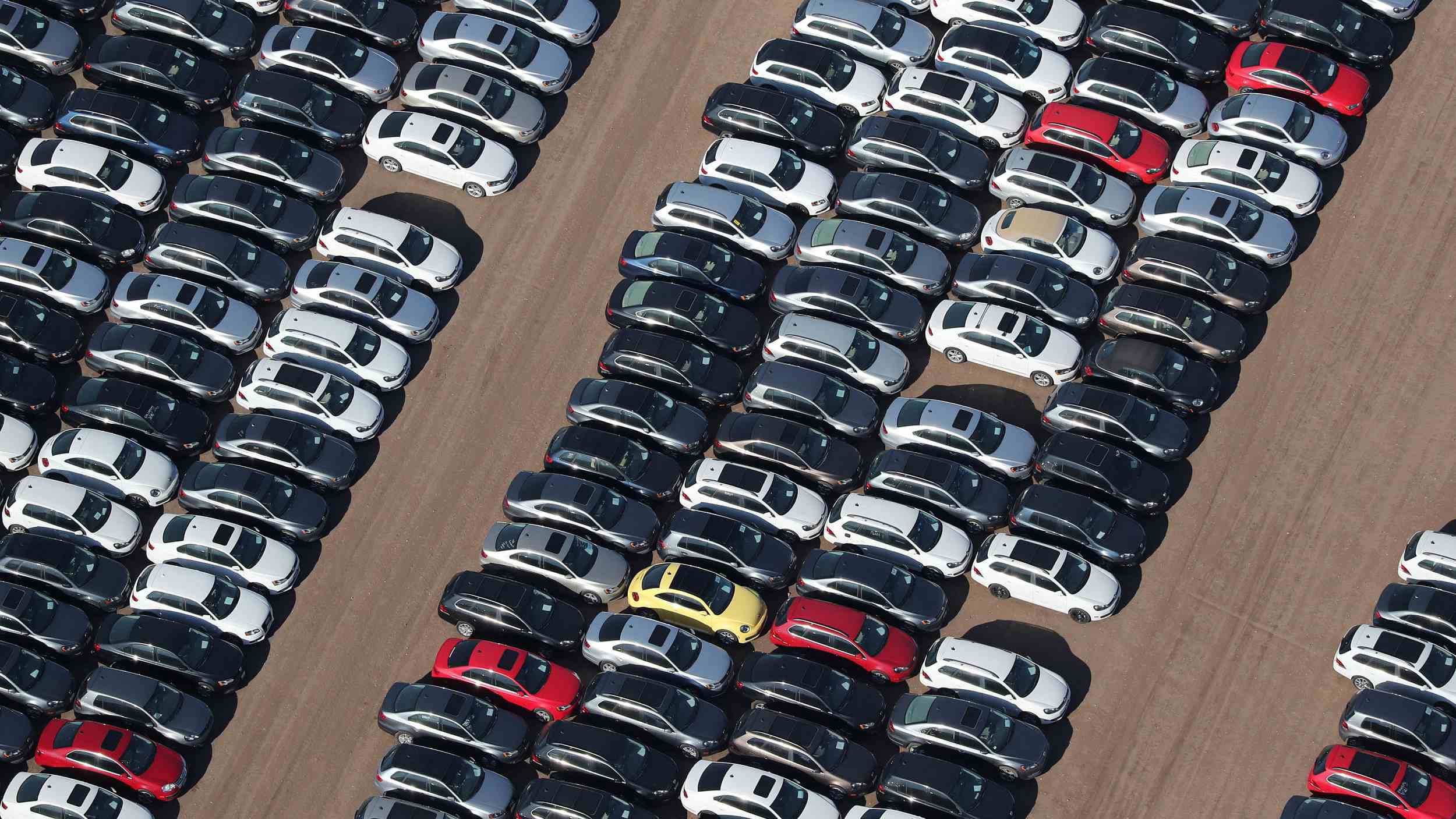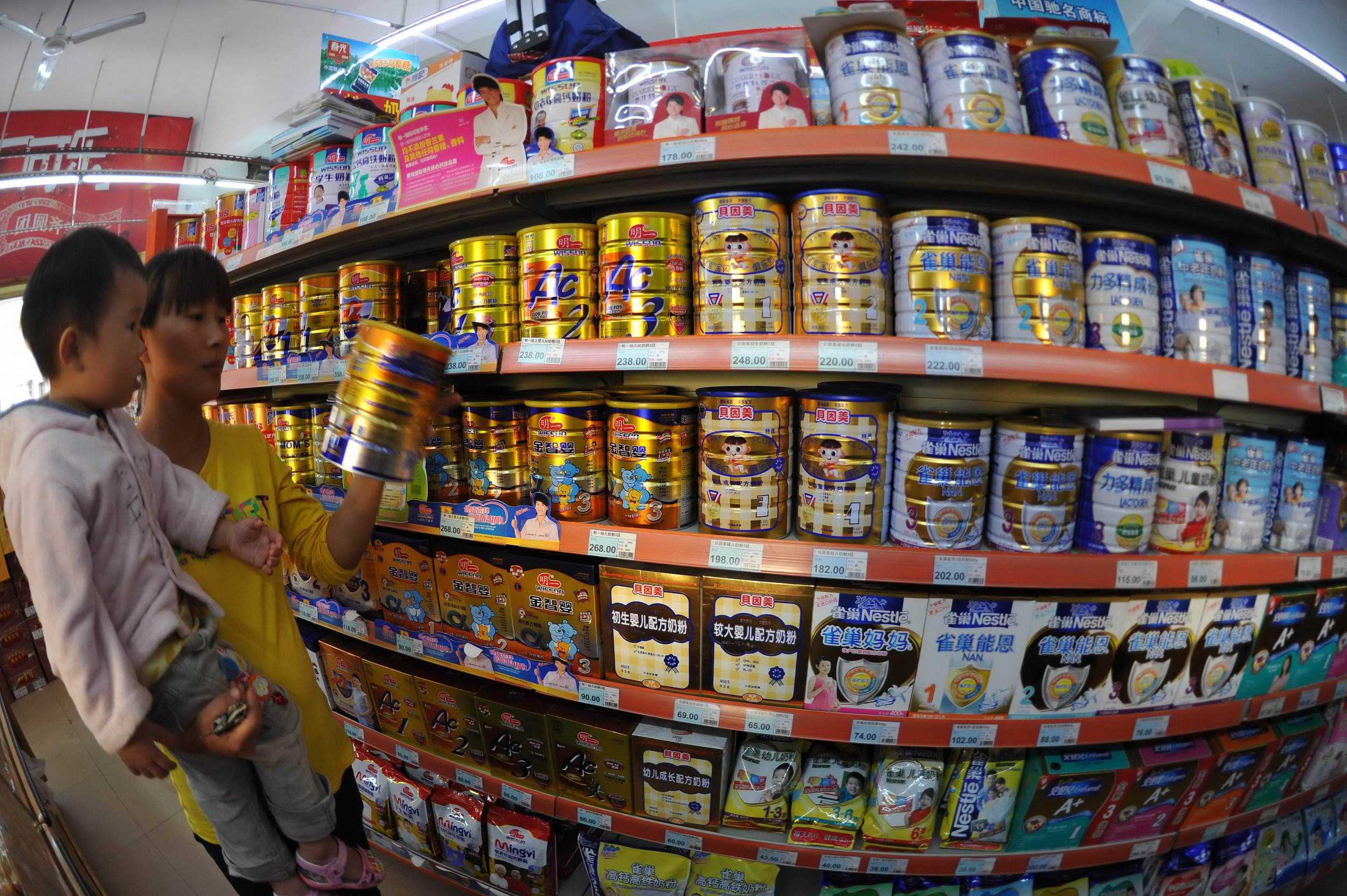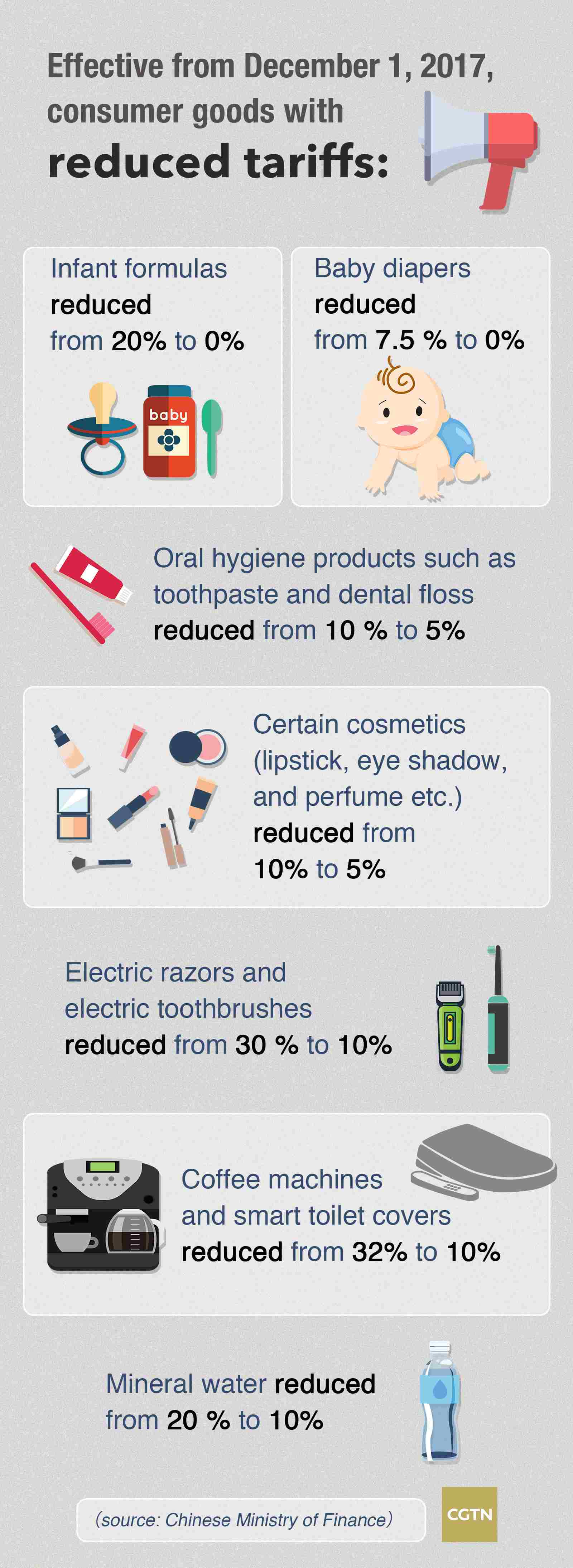
Business
10:15, 10-Apr-2018
President Xi: China to actively expand imports, reduce tariffs in 2018
CGTN

China will actively expand imports, significantly lower the import tariffs for vehicles and reduce import tariffs for some other products this year as it aims to further open up its markets, said Chinese President Xi Jinping at the Boao Forum for Asia (BFA) annual conference on Tuesday.
"We will take the initiative to expand imports," Xi said when delivering a keynote speech at the BFA opening ceremony. The four-day event, themed "An Open and Innovative Asia for a World of Greater Prosperity," is being held in southern China’s Hainan Province on April 8-11.
The country will work hard to import more products that are competitive and needed by the Chinese people, he added.
China will also seek faster progress toward joining the WTO Government Procurement Agreement, according to the president.

VCG Photo
VCG Photo
China will increase its imports and cut import tariffs for certain products in a bid to promote balanced trade and further open up its markets, said Xi.
To encourage imports, China will host the first China International Import Expo in Shanghai on November 5-10 this year and will lower import tariffs on products including automobiles and certain daily necessities.
"It is not just another expo in an ordinary sense, but a major policy initiative and commitment taken of our own accord to open up the Chinese market," Xi said, adding that friends from around the world are welcome to participate in the Expo.
Still, China hopes developed countries will stop imposing restrictions on normal and reasonable trade of high-tech products and relax export controls on such trade with China, according to the president.
Import tariff cuts, stimulating domestic consumption
It’s been four months since China cut import tariffs further on 187 consumer products as part of the continuing opening-up of its economy.

VCG Photo
VCG Photo
Effective from December 1, 2017, the average import tax on some food, health products, medicine, daily chemicals, clothing, footwear, and other products dropped to 7.7 percent from 17.3 percent, according to the Ministry of Finance (MOF). This was the third cut since 2015.
The tariffs on popular items such as infant formula have declined from 20 percent to zero; for baby diapers, they’ve dropped from 7.5 percent to zero.

CGTN Photo
CGTN Photo
Meanwhile, China agreed to participate in the expansion of the WTO’s Information Technology Agreement (ITA) during APEC meetings in Beijing in November 2015. The participants are committed to eliminating tariffs on IT products covered by the Agreement.
After ratified by the country’s Standing Committee of the National People’s Congress on September 3, 2016, China started implementing its first tariff cuts on covered goods from September 15, 2016.
According to the WTO, the ITA Expansion now covers products valued at over 1.3 trillion US dollars per year.
(With input from Xinhua)

SITEMAP
Copyright © 2018 CGTN. Beijing ICP prepared NO.16065310-3
Copyright © 2018 CGTN. Beijing ICP prepared NO.16065310-3